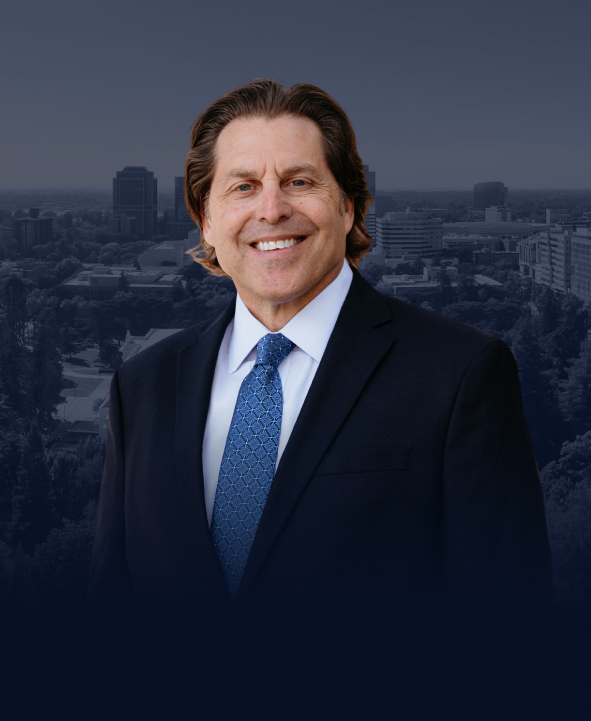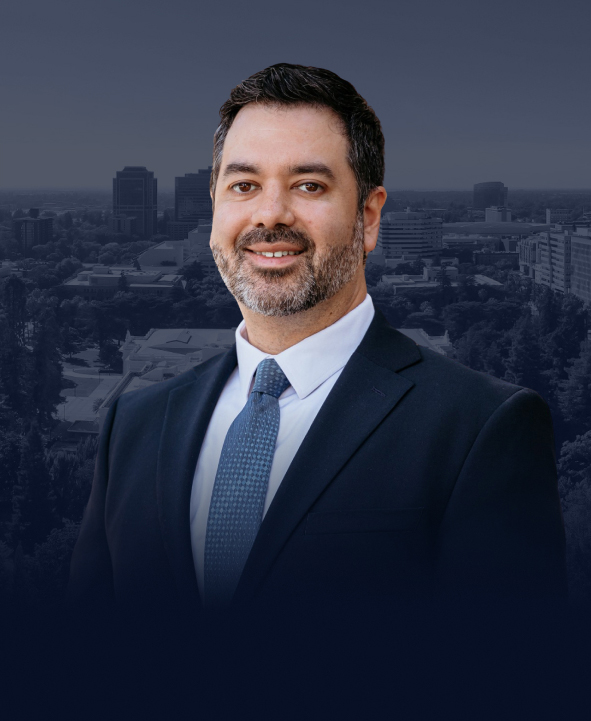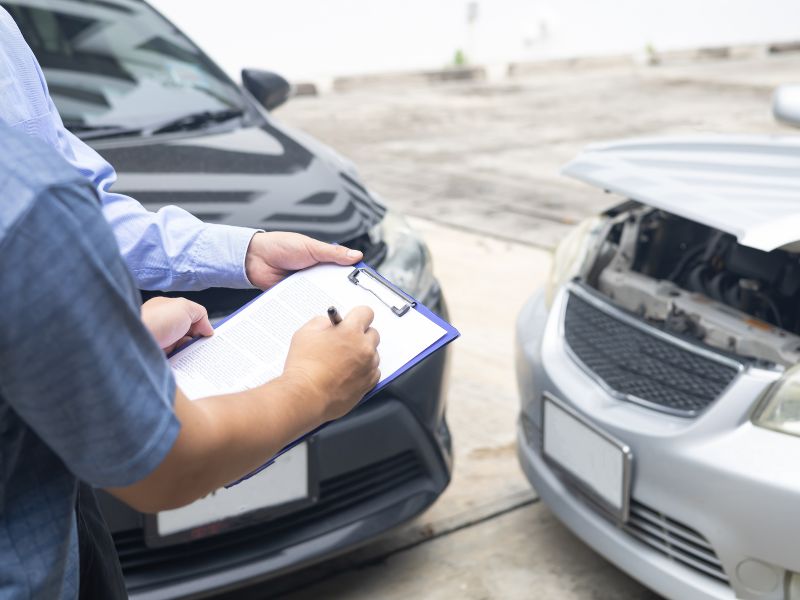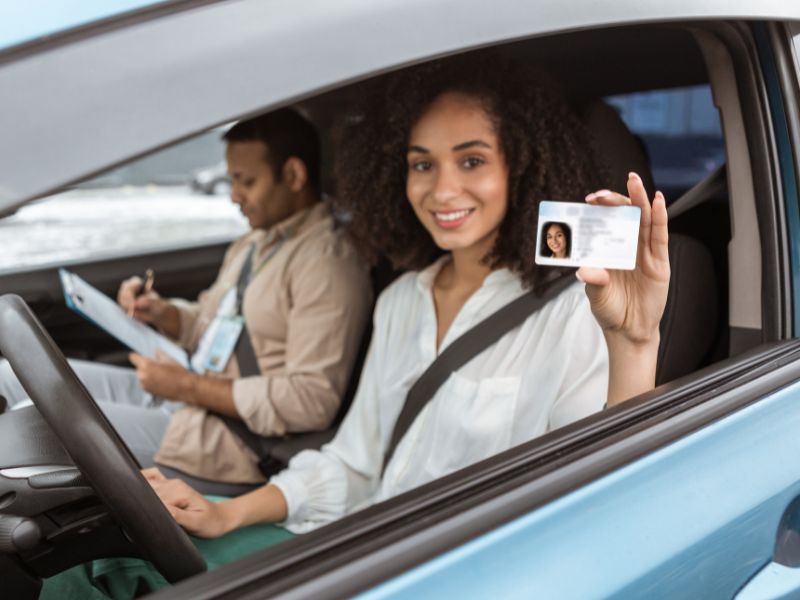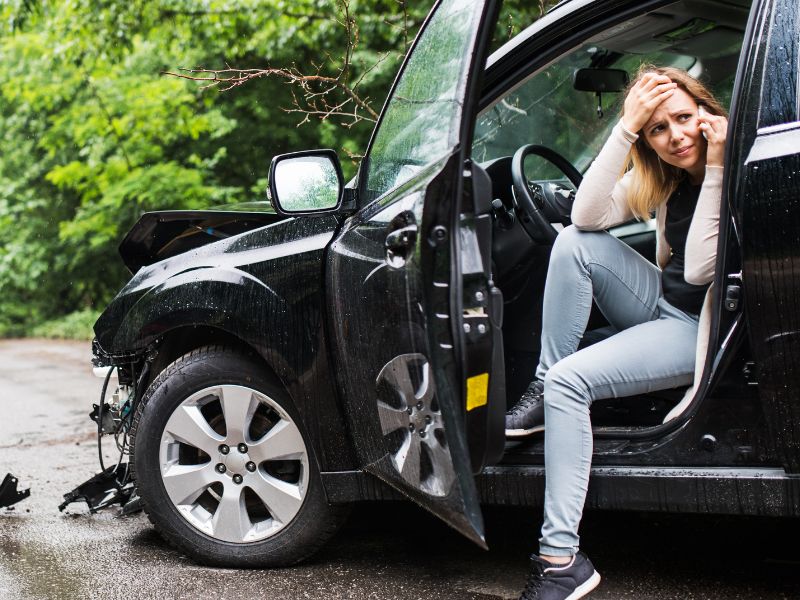Many individuals and businesses invest every year in defensive driving courses. These classes are designed to help drivers become more aware of dangers on the road and to avoid situations that can lead to collisions. However, some people doubt that defense driving actually prevents accidents. Is it true that a defensive driving course can help you learn techniques to avoid “bad” drivers and stay safer on the road?
What Is Defensive Driving?
According to experts, defensive driving simply means avoid other people’s driving mistakes by anticipating their actions and using defensive measures. In simple terms, defensive driving means assuming that other people are going to make mistakes on the road and accounting for those mistakes in your own driving.
The most important rules of defensive driving are to stay focused, stay alert, watch out for the other guy and maintain control over your own vehicle at all times. In order to do this, experts in defensive driving make the following recommendations:
- Safety first. By paying attention to safety, you automatically decrease your chances of causing an accident, even inadvertently, and you make yourself instantly safer. Use your seat belt, lock your doors and leave space between you and other vehicles.
- Pay attention. Simply paying attention to your surroundings can help you prevent many accidents. Check your side and rearview mirrors as well as what is going on in front of you. Pay particular attention to bicyclists and pedestrians who could suddenly dart in front of you. Pull over if you are faced with an aggressive or speeding driver who could pose a risk to you. Your ultimate goal is to avoid dangerous scenarios altogether.
- Do not trust other drivers. Always assume that other drivers will break the law, run red lights, cut you off and take other risks. Even if they do not, you will be better prepared to handle sudden emergencies.
- Make a plan. Always think about how you would handle a situation if it arose. For example, as you are traveling through a neighborhood with cars parked on the road, be sure to scan under them for legs. Children often dart out from between parked cars and into the path of an oncoming vehicle whose driver was unaware, because of their small size, that they were there. If a child was to dart out in front of your car, have a plan to stop quickly. This is easier to do if you have anticipated possible dangers.
- Follow the 3-second rule. The most likely source of a collision is in front of you, particularly since you cannot do anything about rear-end collisions. Therefore, use the three-second rule to help you maintain safe following distance. You should keep four seconds of travel time between you and the car in front of you at all times; you can roughly estimate this by picking a landmark such as a sign and counting slowly to four between the time the car ahead of you passes the mark and the moment you reach it. However, in poor weather conditions or when the vehicle is a large truck or motorcycle, you should actually leave more stopping room.
- Do not speed. Speed makes it difficult to control your vehicle in an emergency. Always pace your speed to conditions.
- Separate risk factors. Deal with risks one at a time to avoid becoming overwhelmed, and deal with them in order of priority.
- Do not allow distractions. Texting, talking, eating or any other activity that distracts your attention from the road, even for a moment, should be avoided.
Defensive driving is offered through most state’s Motor Vehicles Department or through schools and organizations in local areas. A search for “defensive driving classes” with your city name will probably yield several results.
Does Defensive Driving Work?
It is very difficult to find statistics suggesting the degree to which defensive driving prevents accidents. This is easy to understand: no one records statistics on accidents that do not happen. Therefore, it is almost impossible to know with certainty how many lives have been saved by defensive driving. However, it is reasonable to assume from anecdotal evidence of those who have narrowly avoided crashes by defensive driving techniques that defensive driving has saved lives and will continue to do so.
However, even good, defensive drivers are sometimes involved in accidents through the negligence and carelessness of others. When this happens, it is important to protect your rights and learn about how you may be able to recover compensation for your injuries by talking to a personal injury attorney.





